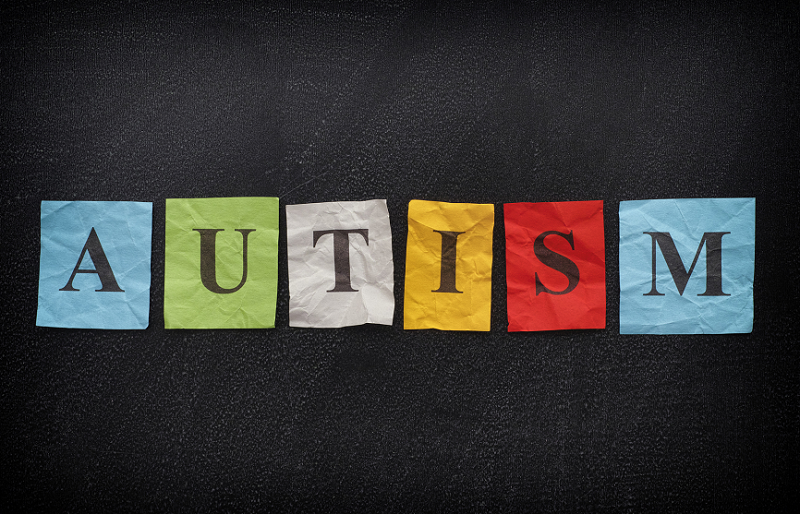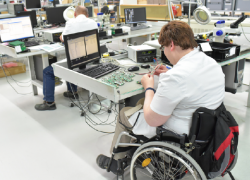
National Autism Awareness Month in April is a time to highlight how the talents and skills of workers on the autism spectrum benefit employers and bolster the American economy. More and more employers are recognizing that having a neurodiverse workforce makes them more competitive.
Unfortunately, COVID-19 has created major barriers for youth and adults on the autism spectrum by disrupting not only employment but also the routines of everyday life. While stressful for all Americans to manage, these disruptions can have a disproportionate impact on people on the autism spectrum, who may not be able to access critical supports and services.
I can strongly empathize because of my experience as an adult and worker on the autism spectrum. I am also a friend, mentor, and colleague of numerous youths and adults on the autism spectrum and their family members. Stories like ours have informed our efforts in the U.S. Department of Labor’s Office of Disability Employment Policy (ODEP) to promote employment policies and practices for people on the autism spectrum.
During this challenging time, ODEP and the technical assistance centers we fund have many resources that can help young people and workers on the autism spectrum, employers, service providers and others.
- ODEP’s website provides a topic resource webpage on autism.
- The Job Accommodation Network (JAN) provides free, expert, and confidential assistance on accommodations for work and the job search. Workers and job seekers with disabilities, employers, and others can connect with JAN specialists by email, online chat, Skype, and text. JAN’s website has a resource webpage on autism as well as a resource webpage on COVID-19.
- The Employer Assistance and Resource Network on Disability Inclusion, known as EARN, provides technical assistance to employers on hiring, recruiting, and advancing people with disabilities, including people on the autism spectrum. Employers can contact EARN directly, and find resources and information on supporting neurodiversity in the workplace at EARN’s website. EARN’s March/April newsletter includes resources specific to COVID-19. EARN's Mental Health Toolkit advises employers on creating a welcoming and supportive work environment for workers with mental health conditions.
Additionally, the Labor Department’s resource webpage on COVID-19 has information on subjects such as family and medical leave under the Families First Coronavirus Response Act, unemployment insurance, safety and health, and more. For questions about workplace issues, you can contact the Department online or call the Department’s toll-free hotline 8 a.m. to 8 p.m. ET at 1-866-487-2365, or 1-877-889-5627 for TTY.
Let us stay resilient during these trying times and mutually support each other to help mitigate barriers to work, health and wellness, and everyday living.
Scott Michael Robertson, Ph.D., is a policy advisor on the Employment-Related Supports Policy Team in the Office of Disability Employment Policy. He spearheads ODEP’s activities to expand gainful employment opportunities for youth and adults on the autism spectrum.
Editor’s note: Read President Donald J. Trump’s proclamation on World Autism Awareness Day.

 U.S. Department of Labor Blog
U.S. Department of Labor Blog
